McKeown Medical
167 Bath Street, Glasgow, G2 4SQ
Date posted — 24.04.25
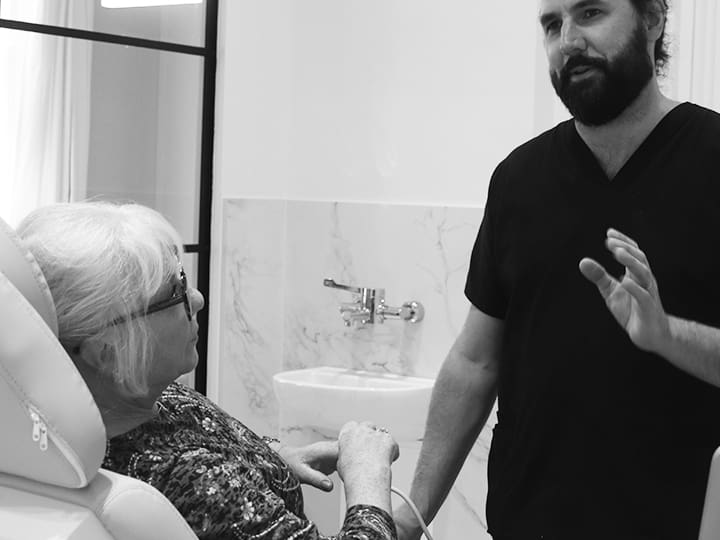
If you’ve ever noticed bulging, twisted veins on your legs – or felt aching or heaviness after standing for long periods – you might be wondering if you have varicose veins. This common condition affects up to 20% of people, yet many suffer in silence due to a lack of information or access to expert advice.
At McKeown Medical, we believe that understanding your body is the first step to taking care of it. In this article, we’re answering some of the most frequently asked questions about varicose veins, including how they develop, whether they’re dangerous, and the treatment options available.
Varicose veins are enlarged, swollen veins that typically appear on the legs and feet. They happen when the valves inside the veins stop working properly, causing blood to pool and the veins to bulge outward. This is due to increased pressure in the veins over time.
Anyone can develop varicose veins, but they’re more common in women, people over 50, those who are overweight, or individuals who stand for long periods – people like hairdressers or nurses who are on their feet all day at work.
Varicose veins are usually raised, twisted, and dark blue or purple in colour. They may be accompanied by symptoms like aching, heaviness, or swelling in the legs. Thread veins (also called spider veins), on the other hand, are much smaller, finer veins that appear just beneath the surface of the skin, often in a red, blue, or purple web-like pattern. Very often, both conditions co-exist, and sometimes you need a combination of treatments to get the best results.
If you’re unsure which type you have, a professional consultation can help clarify and guide you toward the most suitable treatment.
The main differences lie in their size, depth, and associated symptoms.
For some people, varicose veins can be painless. But for others, they can cause aching, throbbing, burning, or a heavy feeling in the legs, especially after standing for long periods. You might also notice cramping or itching around the vein area. If you’re experiencing discomfort, it’s worth discussing it with a medical professional.
Yes, heredity plays a strong role. If one or both of your parents had varicose veins, your chances of developing them are significantly higher. Other risk factors include pregnancy, hormonal changes, and prolonged standing or sitting.
While they’re often dismissed as a cosmetic issue, varicose veins can lead to serious complications if left untreated. These include:
It’s always better to address them early before complications develop.
Yes—although it’s not common, untreated varicose veins can occasionally rupture due to the pressure buildup. This can lead to sudden bleeding under the skin or even through the skin, especially if the vein is close to the surface.
Unfortunately, no. Varicose veins won’t disappear without intervention. While lifestyle changes like elevating your legs, wearing compression stockings, or maintaining a healthy weight can help ease symptoms, they won’t eliminate the diseased veins themselves. If left untreated, the condition usually worsens over time.
Varicose veins can usually be effectively treated using minimally invasive treatments. At McKeown Medical, we offer a wide range of options, including:
A consultation with our expert vascular surgeon will help determine which option best suits your condition and lifestyle.
Varicose veins are more than just a cosmetic issue—they can impact your comfort, confidence, and long-term health. At McKeown Medical, our expert team is here to guide you through your options and provide the care you deserve.
If you’re struggling with varicose veins, we’re here to help. Book a consultation today to explore the right treatment for you.
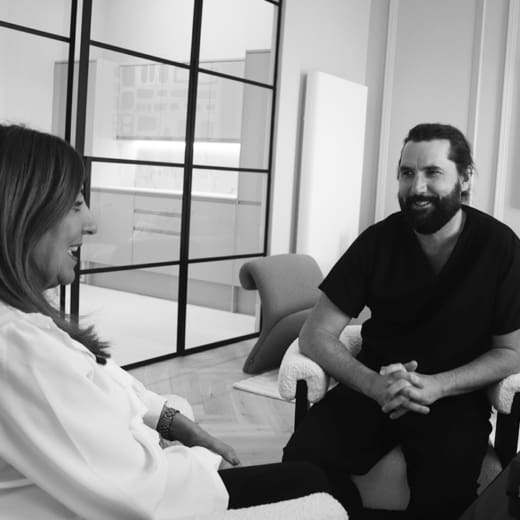
Dr Alex Vesey discusses whether varicose veins can cause high blood pressure.
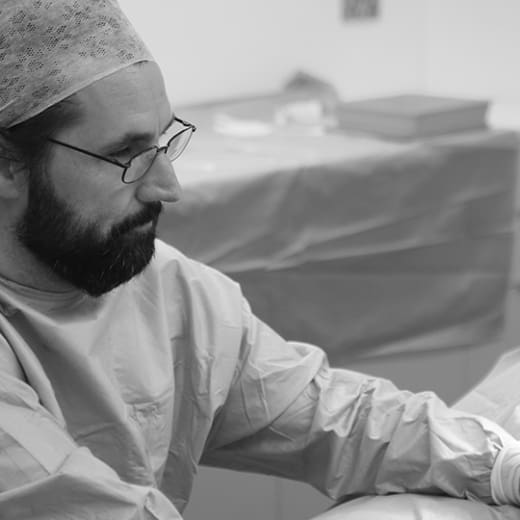
Dr Alex Vesey discusses whether varicose veins can come back after treatment.
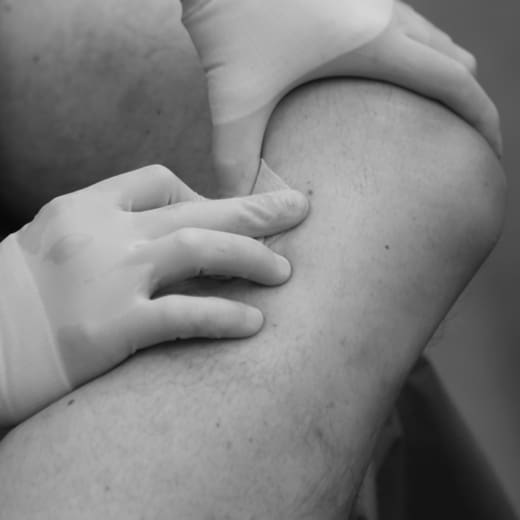
Dr Alex Vesey discusses whether varicose veins are dangerous.
1 / 3
2 / 3
3 / 3

Dr Alex Vesey discusses whether varicose veins can cause high blood pressure.

Dr Alex Vesey discusses whether varicose veins can come back after treatment.

Dr Alex Vesey discusses whether varicose veins are dangerous.
Thank you to Dr Alex and all of the team! From my ultrasound scan to my treatment, I felt completely looked after and at ease all the way through. The procedure was easy and I was able to walk home! Thanks to everyone.
Gary - A McKeown Medical patientOctober 2024
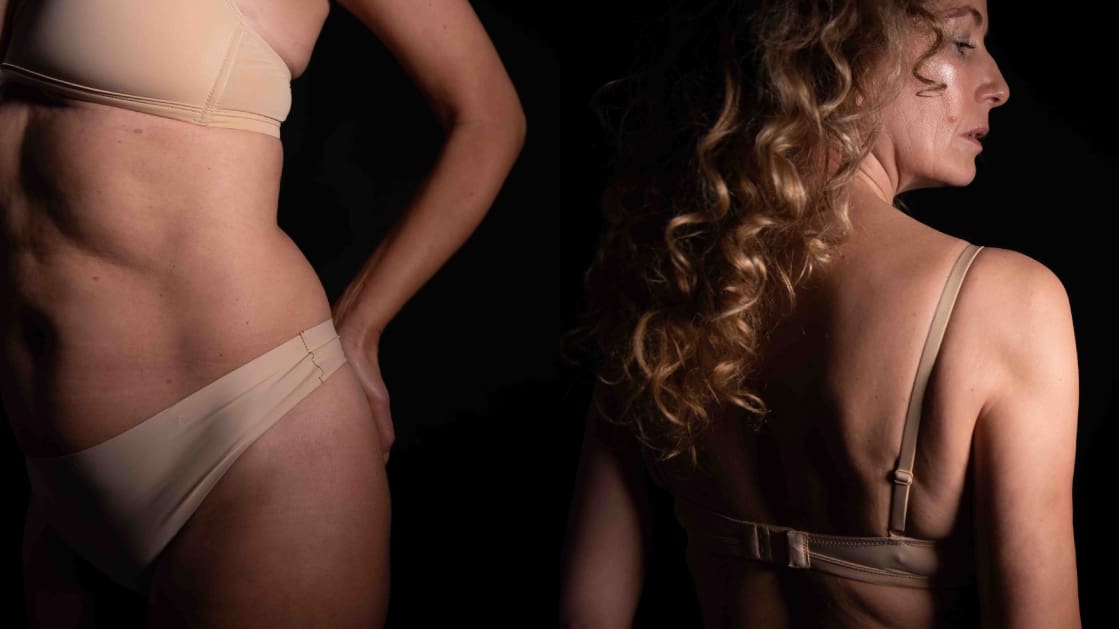
Another year, another round of incredible transformations from our team at McKeown Medical!
Eye bags banished, jowls lifted, skin refined, veins gone. Thank you so much to all of our patients who have allowed us to share their photos with you and thank you to our incredible team who work so hard to take care of every patient who trusts us with their care.
Here’s to 2026 and another year of incredible transformations!

“But Daddies, WHEN is Santa coming? I want to wait up for him!”
Happy Christmas to all, and to all a good night 🎅🏻

Laser rejuvenation of the eye area can be an incredibly powerful tool for the right patients, especially those whose ‘bags’ are more about loose skin and fine lines, like this lovely patient here.
We treated her with full field ablation, which takes around 2 weeks to recover from. Her she is a few weeks later and you can see how much tighter the skin is, the crepey skin has gone and the fine lines have been ironed out. The patient is over the moon.
What do you think?

Eyelid surgery is one of the most popular procedures we do in the clinic. It’s a great fix for hooded eyes! Excess skin on the upper eyelids can not only create a hooded, heavy appearance but often affects the vision too.
Here’s the very talented @bramhallplasticsurgery discussing how upper eyelid surgery (blepharoplasty) can restore a more open, refreshed look by removing the excess skin and subtly redefining the natural eyelid crease. Scars are hidden within the fold of the eyelid, leaving eyes that look brighter, not “done.”
Do you have any questions about surgery? Ask in the comments or send us a message!

Thank you to our patient for allowing us to share her before and after photos of her upper blepharoplasty.
Excess skin on the upper eyelids can make the eyes appear tired or heavy. This simple procedure restores a lighter, more open look while keeping the result completely natural.
Another fabulous result from the very talented @bramhallplasticsurgery!
What do you think?

We’ve been in our new home for a year now and I thought this would be a good time to remind you just how special it is with a little video tour.
It’s been a remarkable year for us in our new home; we’ve introduced new doctors, new treatments, new services and our team continues to grow from strength to strength - always striving to provide more and better for our wonderful patients.
Enjoy the tour!

About last night… It was time once again for our annual Christmas celebration with this absolute bunch of legends. We were a little earlier than usual this year so we could have has many people available as possible, and the evening did not disappoint.
A few sore heads this morning, but absolutely worth it to celebrate the hard work this team dedicate to our patients day in, day out all year round. I am very proud to have the undisputed best team on the planet. Merry Christmas everyone! 🎄

Fine lines etched into the skin around the mouth - this is a common problem and in this patient`s case she had what we call ‘actinic elastosis’, whereby abnormal bands of elastin build up in the skin as a result of years of previous sun exposure.
When patients have this condition, the gold standard way of dealing with it is fully ablative laser resurfacing. It’s an intense treatment with two weeks of downtime afterwards, but the results are spectacular - just like in this lovely patient.
The after photo is three weeks after the treatment and you can see that the skin is still a little pink, which will continue to fade over the next few months.
The patient is already delighted with the result - what do you think?

It’s beginning to look a lot like Christmas!
At least according to Michael Buble, who’s been on repeat in the clinic this week. The decorations are up and we are officially in ‘our season’. The clinic has been packed with everyone having their skin polished in time to make it on the nice list. If you’ve still to make a pre-Christmas appointment, we’ve still got some spaces left for your festive glow up.
Ho ho ho everyone… It’s time for Santa!!!! 🎅🏻
